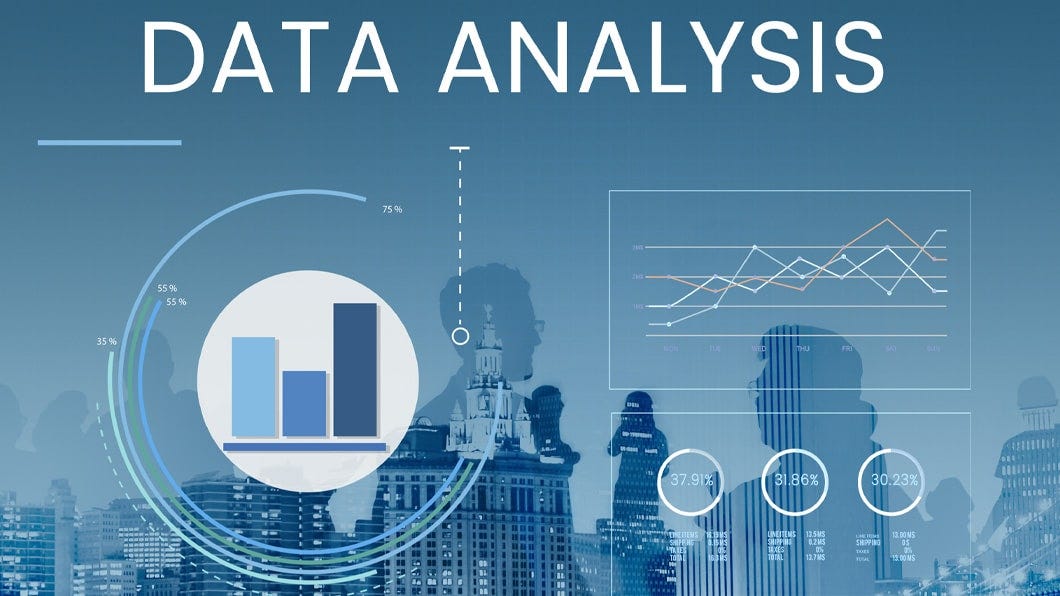
Big data analytics and predictive modeling are powerful tools that can help businesses gain insights into customer behavior, market trends, and operational efficiency. By analyzing large datasets, businesses can uncover patterns and trends that can inform decision-making and drive business growth. In this article, we'll explore the benefits of big data analytics and predictive modeling for businesses.
What is Big Data Analytics and Predictive Modeling?
Big data analytics is the process of analyzing large datasets to uncover insights and trends. Big data analytics tools can process vast amounts of data from a variety of sources, including social media, customer transactions, and website interactions. Predictive modeling is a subset of big data analytics that uses statistical algorithms and machine learning techniques to predict future outcomes based on historical data.
The Benefits of Big Data Analytics and Predictive Modeling for Businesses
Big data analytics and predictive modeling offer many benefits for businesses:
- Improved Decision-Making
Big data analytics and predictive modeling can help businesses make better decisions by providing valuable insights into customer behavior and market trends. By analyzing data on customer preferences, businesses can tailor their products and services to meet customer needs and identify new market opportunities. Predictive modeling can also help businesses anticipate future trends and make data-driven decisions.
- Increased Efficiency
Big data analytics and predictive modeling can help businesses increase efficiency by identifying inefficiencies and areas where costs can be reduced. By analyzing operational data, businesses can optimize their processes and reduce waste, leading to cost savings and increased productivity.
- Enhanced Customer Experience
Big data analytics and predictive modeling can help businesses enhance the customer experience by providing personalized recommendations and tailored marketing messages. By analyzing data on customer behavior and preferences, businesses can create a more engaging and personalized experience for their customers.
- Competitive Advantage
Big data analytics and predictive modeling can provide businesses with a competitive advantage by enabling them to identify market trends and customer needs faster than their competitors. By analyzing data on customer behavior and market trends, businesses can stay ahead of the competition and identify new market opportunities.
Examples of Big Data Analytics and Predictive Modeling in Business
There are many examples of businesses using big data analytics and predictive modeling to achieve business success:
- Retail
Retailers are using big data analytics and predictive modeling to personalize the customer experience by analyzing data on customer behavior and preferences. By analyzing this data, retailers can create personalized marketing messages and tailor products and services to individual needs.
- Healthcare
Healthcare providers are using big data analytics and predictive modeling to improve patient outcomes, reduce costs, and optimize resource allocation. By analyzing patient data, healthcare providers can identify patterns and trends that can inform treatment decisions and improve patient outcomes.
- Financial Services
Financial services firms are using big data analytics and predictive modeling to detect fraud, improve risk management, and personalize financial services for customers. By analyzing financial data, financial services firms can identify patterns and trends that can inform risk management decisions and improve the customer experience.
Challenges of Big Data Analytics and Predictive Modeling for Businesses
While big data analytics and predictive modeling offer many benefits for businesses, there are also challenges that need to be addressed:
- Data Quality
Data quality is a challenge in big data analytics and predictive modeling. Ensuring that data is accurate, complete, and consistent can be difficult, especially when dealing with large volumes of data from multiple sources.
- Data Privacy and Security
Data privacy and security are major concerns when it comes to big data analytics and predictive modeling. Businesses need to ensure that they are collecting and storing data in a secure and ethical manner.
- Complexity
Big data analytics and predictive modeling can be complex and require specialized knowledge and expertise. Businesses need to invest in training and education to ensure that they have the skills and knowledge to effectively use these tools.
Conclusion
Big data analytics and predictive modeling offer businesses a powerful tool for gaining insights into customer behavior, market trends, and operational efficiency. By analyzing large datasets, businesses can make better decisions, increase efficiency, enhance the customer experience, and gain a competitive advantage. However, businesses need to address challenges around data quality, data privacy and security, and complexity to fully realize the benefits of big data analyticsand predictive modeling. As businesses continue to integrate these tools into their operations, it is important that they prioritize transparency, accountability, and the well-being of their customers and society as a whole.